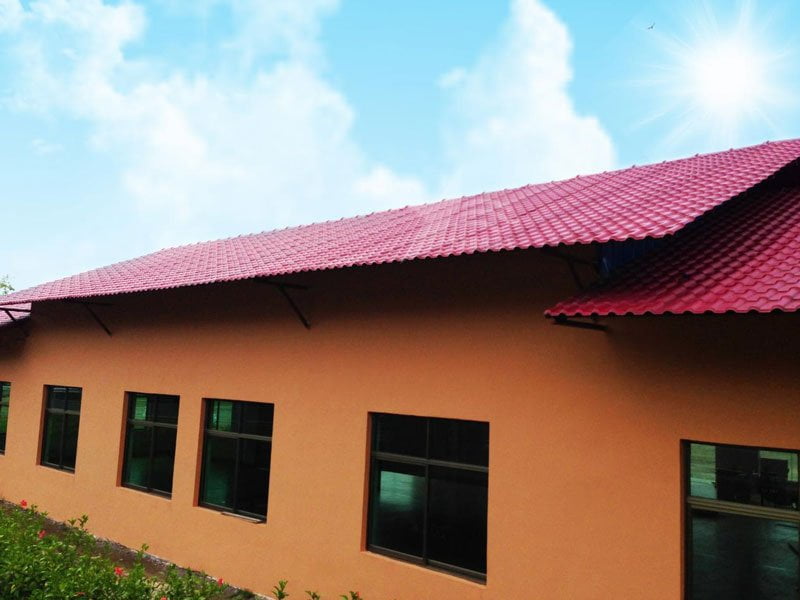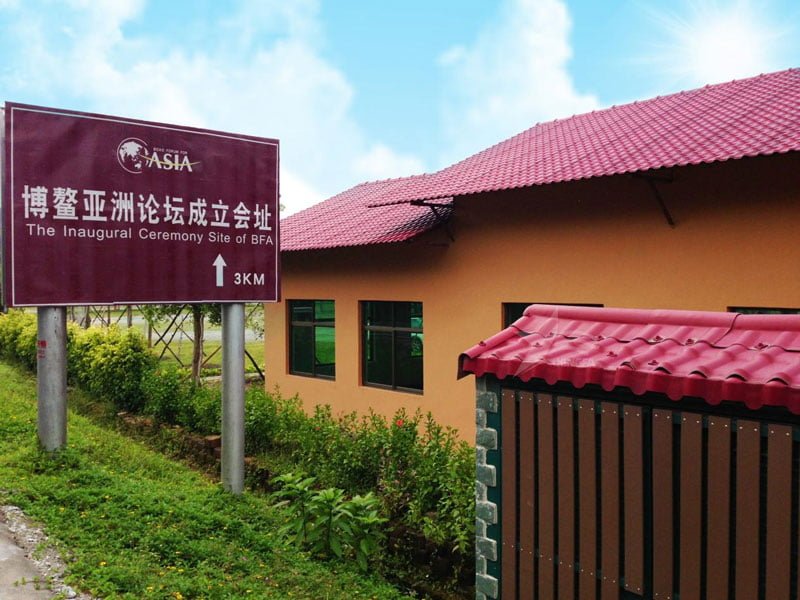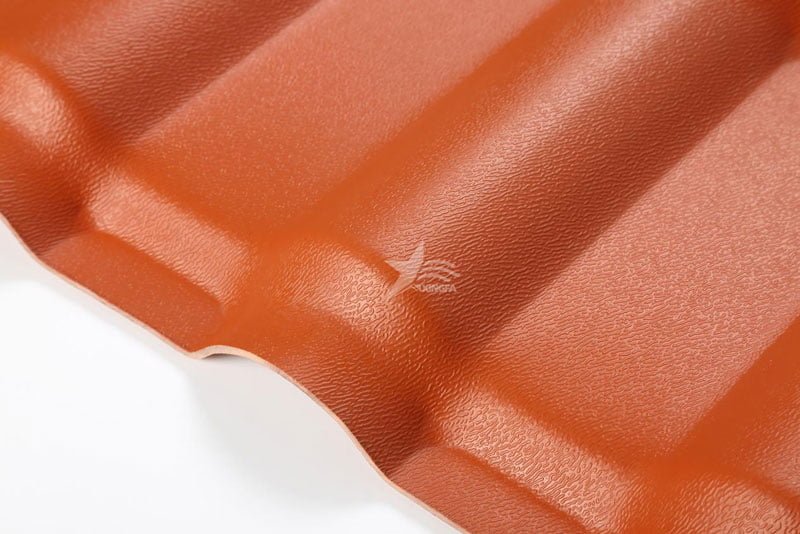High-quality ASA synthetic resin tiles are resistant to acids, salts and other corrosive chemicals. Experiments have shown that no chemical reaction occurs between the resin tiles and the corrosive substances such as salt and alkali after 24 hours of immersion. Poor quality ASA synthetic resin tiles will produce chemical reactions, resulting in rapid aging, fading, etc. We all know that high-weather ASA engineering resins and PVC resins are extruded to make resin tiles. The ASA resin layer is the key, which can directly affect the service life of the resin tiles. Next, let’s discuss what this ASA resin is made of that can be so magical.

ASA resin refers to a co-polymer of acrylic rubber, acrylamide and polystyrene, abbreviated as ASA. This ASA resin is ultra-weather-resistant, chemically corrosion-resistant, color-stable, rich in color, heat-insulating, and glossy. Therefore, the ASA resin layer directly affects the service life of the resin tiles. Therefore, the quality of synthetic resin tiles is related to the thickness of the ASA resin layer on the surface and the extrusion technology of the manufacturer.

The bottom layer of synthetic resin tiles is made of high-quality PVC resin as the main material to improve the stability and wear resistance of the structure.
The main component of synthetic resin tiles is synthetic resin, which is a plastic flowing state under the action of external forces, similar to natural resin. Therefore, synthetic resin tiles are light in weight, waterproof and moisture-proof, strong in strength, anti-corrosion, flame retardant, soundproof, etc., which are green and environmentally friendly recyclable products and roof building materials promoted by the state.

